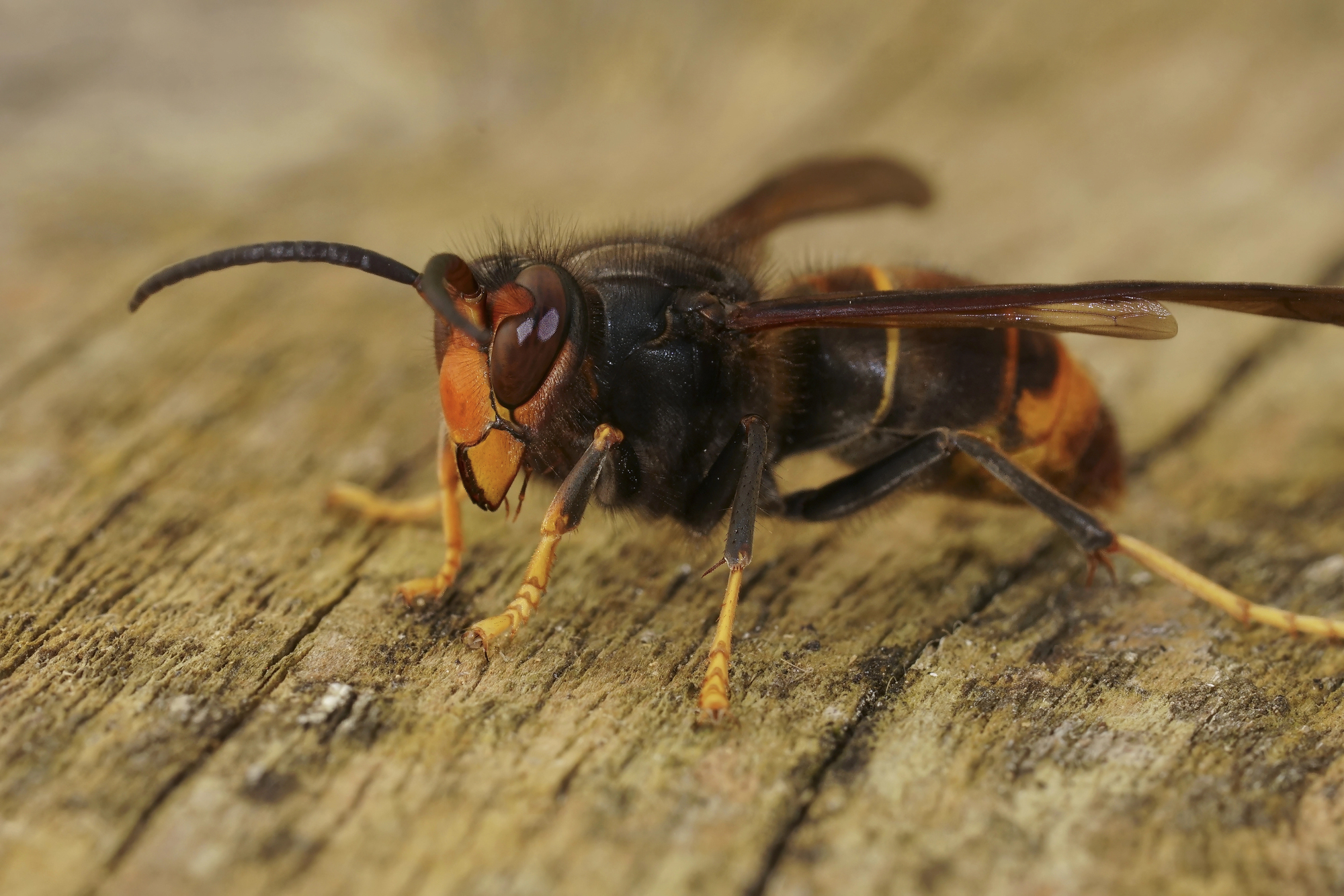Asian Hornet Nest Discovered in Cork City Prompts Swift Response
Asian hornet nest found in Cork City: second ever in Ireland, swift removal planned to protect local bees.

A nest of invasive Asian hornets has been located on Cork's south side, marking only the second confirmed occurrence of the species in Ireland and triggering an immediate multi-agency response to protect local biodiversity.
The discovery follows an earlier sighting this month in the South Link area and represents a critical moment for Irish wildlife protection. The National Parks and Wildlife Service (NPWS), working alongside the National Biodiversity Data Centre and National Museum of Ireland, successfully tracked and located the nest through intensive surveillance efforts.
The Asian hornet, also known as the yellow-legged hornet or Vespa velutina, poses a severe threat to native bee populations and other pollinators. A single nest can house up to 1,700 hornets, capable of consuming 12 kilograms of insects, including countless honeybees that are vital to local ecosystems and agriculture.
Speaking to RTÉ, Christopher O'Sullivan, Minister of State for Nature, Heritage and Biodiversity, said:
"The Asian hornet poses a significant threat to pollinators. Since then a team of experts engaged in a full scale and thorough search and quickly identified the location of the nest."
The response has been notably comprehensive. A specialist Asian Hornet Management Group (AHMG) has been established, bringing together representatives from NPWS, the Department of Agriculture, Food and the Marine, the Biodiversity Data Centre, and the National Museum. UK experts have also been consulted, recognising the cross-border nature of invasive species management.
The nest will be carefully removed and the hornets destroyed in the coming days. Following removal, scientists will send the nest to the National Museum of Ireland for DNA testing to trace its origin, potentially revealing how these insects arrived on Leeside.
Frankie de Dobbelaere of Louth Beekeepers Association warned that:
"If Asian hornets were to spread across Ireland it would be a disaster for bees and biodiversity. One such nest can consume up to 12 kilograms of insects."
While Asian hornets are not naturally aggressive towards humans, they will defend their nest if threatened. The public is urged not to approach any suspected nests or attempt to capture individual hornets. Instead, sightings should be reported immediately through the National Biodiversity Data Centre website or the invasives.ie portal, preferably with photographs to aid identification.
The swift response to this discovery demonstrates Ireland's commitment to protecting its native species. Follow-up monitoring will continue in the area to ensure no additional nests have been established, with authorities remaining vigilant against this significant ecological threat.
For Cork's beekeepers and nature enthusiasts, this discovery serves as a stark reminder of the constant vigilance required to protect our local biodiversity from invasive species that could fundamentally alter our ecosystem.
